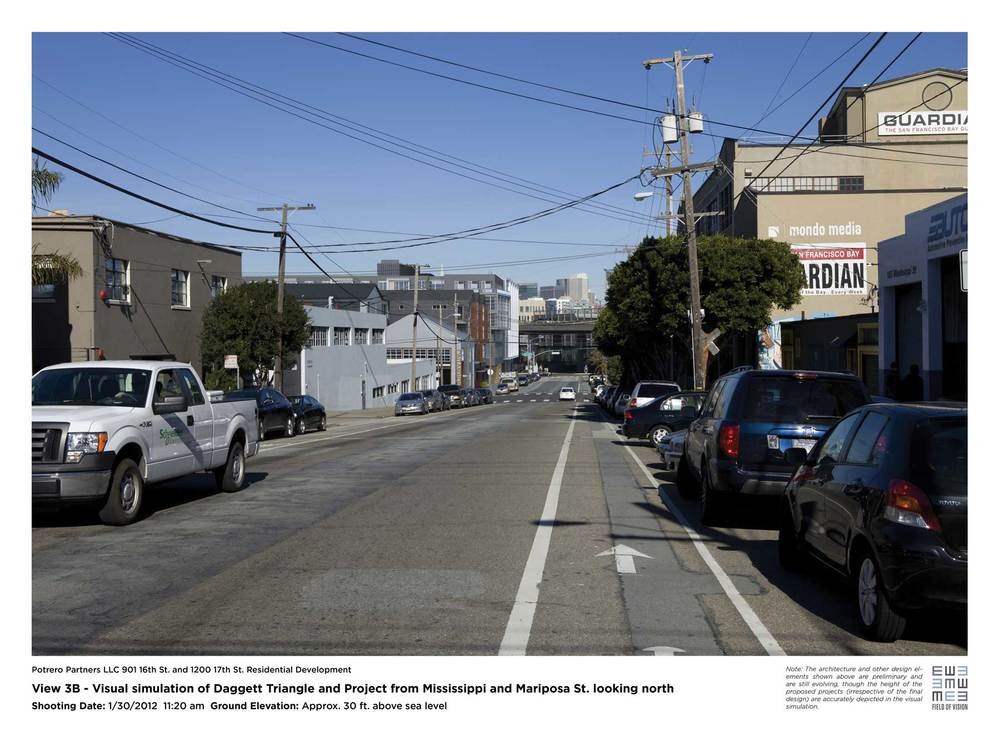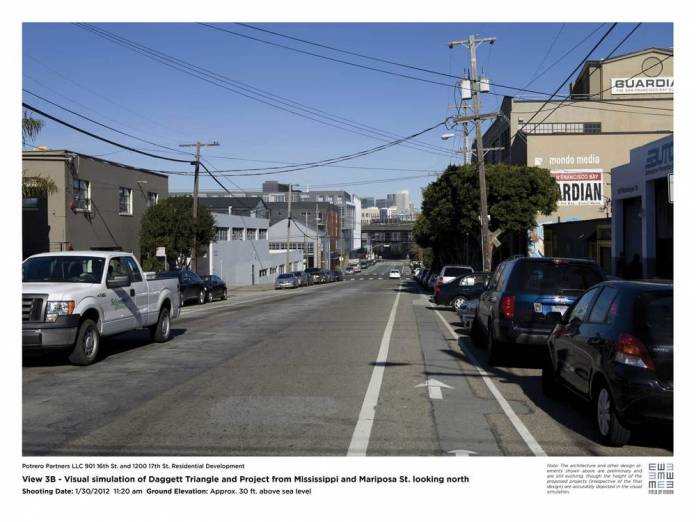Everyone seems to be complaining about a lack of “collegiality” at the Board of Supes, since some of the discussions over the budget and the fall ballot have been sharp and heated.
Even the Examiner, which has generally been a progressive voice, calls it “dirty politics at City Hall,” and talks about “meanness and spite.”
I’ve watched the last couple of meetings, and I’ve watched city politics for more than 30 years, and I have to say: This is mild stuff. There are very, very serious differences on the board; the progressives and the folks who call themselves moderates (who are typically conservative on economic issue and allies of the mayor) have different visions of the city, and those differences matter.

San Francisco is in crisis. I spoke to a tenant lawyer last week about covering evictions, and we agreed that if I had the staff, we could write about an illegal or disgraceful eviction of a vulnerable tenant every single day. The mayor has overseen the worst wave of displacement in the modern history of this city; nonprofits, artists, blue-collar jobs, working-class people … all of it is sacrificed on the altar of tech growth. Gentrification has been a fact of life in this city for decades, but it has never happened at this blinding speed, with this much human impact.
If everyone on the board was happy and “collegial” and didn’t want to say aloud that this is corrupt, criminal, horrible … well, then the progressives would be failing in their jobs.
I repeat: What is going on today is not okay. Some of the people at City Hall have encouraged and allowed it to happen. You have to call that out.
But for the most part, the meeting Tuesday was sweetness and light. Sup. David Campos and Sup. Malia Cohen, who were bitterly at odds over the creation of a public advocate and police accountability, seem to have worked out a deal. The progressives and the moderates came to terms over street trees. There will be special meetings Thursday and Friday to consider the final versions of the street trees and the public advocate, but it appears that there will not be pitched battles over either.
The progressive majority, contrary to what critics like Sup. Scott Wiener say, has not unilaterally enforced its will. Everyone mostly worked together. The efforts of the conservatives who control the committees to scuttle public advocate failed; the progressives worked to reach agreements
The only real bitter battle was over the proposal to create a new commission to oversee housing and economic development, which the mayor’s allies fought but the progressives won, 6-5. It will be on the ballot.
Then we got an appeal over a major development on Potrero Hill.

There’s a low-rise steel shed right down the street from where my old Bay Guardian office was, and a developer wants to turn it into a 395-unit mostly high-end housing project. The Planning Commission approved it (with Kathrin Moore, who cares a lot about the loss of industrial space) dissenting.
The project would mean the loss of 109,000 square feet of Production, Distribution, and Repair space. It’s also, according to the neighbors who filed the appeal, a signal of how badly the Eastern Neighborhoods Plan has failed Potrero Hill.
The plan was supposed to “encourage new housing, but also save PDR,” Alison Heath, a member of Save the Hill, noted. In the past few years, she said, 600,000 square feet of PDR has been lost.
She also noted that the environmental impact report on the project described the neighborhood as “transit rich,” when there’s only one bus stop within a quarter mile of the site.
I can personally speak to that: I used to work across the street. The transit in the area isn’t rich; it’s poor. Heath noted, accurately, that it takes only three minutes less to take transit to Market and Montgomery from that site than it does to walk.
Most of the people who move into the luxury units will want a car, unless they decide they can get around on a bicycle, which is what I did most of the time.
The Save the Hill folks proposed an alternative that would have saved the PDR and allowed 177 units of housing. The planners, and the developers said that wasn’t economically feasible – which means the developer wouldn’t make enough money off it.
But that analysis was based on what the value of the land is today – not what the value was ten years ago, when the developer bought the place. If you look at what the owner really paid for it, a much smaller project that preserves PDR would yield $40 million to the developer.
That apparently isn’t enough. The issue, Heath said, ought to be whether a developer can make a profit off a project – not whether that profit would be the maximum possible.
Sup. Aaron Peskin is the only member of the board who was involved in 2008 when the board approved the Eastern Neighborhoods Plan, which was an immensely complex set of tradeoffs. At that time, he said, the EIR on the plan projected that about 3080 new housing units would be built in the Potrero Hill-Showplace Square area.
Right now, there are pretty close to that number of units built or in the pipeline – which means the area plan EIR is reaching the point where it’s no longer valid. More market-rate housing is getting built faster than anyone predicted.
And if you have driven along 16th Street in the late afternoon, you get the point pretty quickly. I watched it for years; the traffic has gotten worse and worse, and the transit hasn’t gotten better.
Peskin also noted that the EIR was prepared before the Warriors stadium was approved – and before the study that looked at the economic feasibility of the alternatives was completed.
There are plenty of Potrero residents who support the project; the major groups like the Potrero Boosters are not opposed.
But as Cohen was asking the developer some questions, things got very strange. She announced that she “wanted more” from the developer, who agreed on the spot to add $800,000 to his payment to improve a nearby park.
Then, in what we can only call a rather inappropriate attempt at humor, Cohen said she was “on a roll” and asked if she could “get a Mercedes.” The she said that “Keith Jackson could use a little.” Jackson, of course, is the former School Board member who is serving a nine-year prison sentence in a bribery, drug-running, and murder-for-hire case.
Deputy City Attorney John Givner was on his feet instantly. He warned Cohen that any discussion of what a developer was going to pay the city was inappropriate for an EIR hearing.
There are always deals over big neighborhood developments, and supervisors are often involved. But as Givner noted, this was a hearing about the adequacy of an EIR, and the amount the developer will give to local parks has nothing to do with the supes decision. That kind of discussion normally takes place when a project is in before the Planning Department and Commission.
When the supes hear an EIR appeal, they’re in a quasi-judicial mode. I’ve never seen a supervisor stand up at an appeal hearing and shake down a developer for
Peskin, who has been on the board for two previous terms and participated in dozens of these appeals, told me he has never seen anything like this before. “I find it outrageous,” he said.
Givner suggested that Cohen might best recuse herself from the decision. Peskin said he was so uncomfortable with what happened that he though everyone should recuse themselves. Besides, if Cohen was going to be recused, it should have happened at the start of the hearing; by that point, she had already been an active participant.
Cohen said she had just been joking – but she didn’t seem to be joking when she asked the developer to “give more,” and the developer didn’t seem terribly caught by surprise, and quickly agreed to kick in another $800K. Which is a lot of money for a spur-of-the-moment financial decision.
At any rate: It’s neither unusual nor inappropriate for district supervisors to get involved in demanding community mitigations for big projects like this. But during an EIR hearing, in a way that frankly looked to me as if it was orchestrated in advance, was pretty strange.
But hey: Everyone was very collegial. Cohen was recused, Peskin voted No, and everyone else voted to uphold the EIR and let the project go forward.








